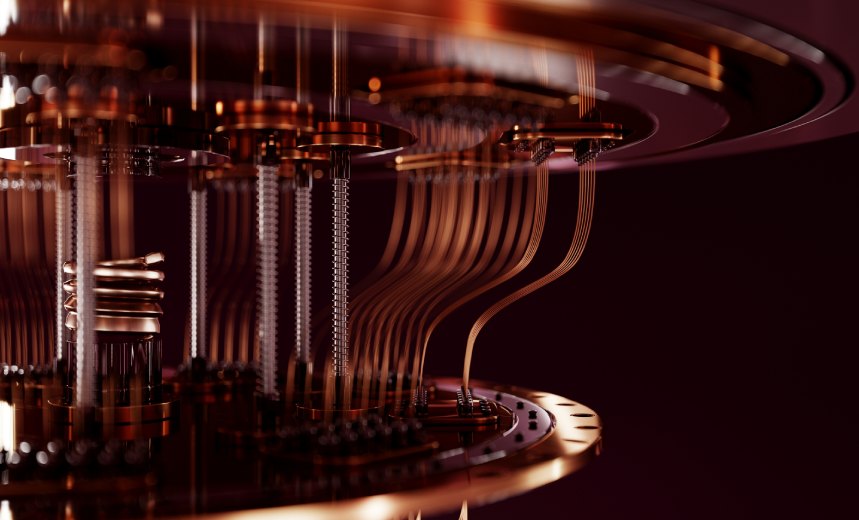The feared ‘cryptopocalypse’ (the death of current encryption) might be sooner than expected – caused by in-memory computing ASICs rather than quantum computers.
October 17, 2023 By Kevin Townsend
San Diego-based MemComputing is researching the use of in-memory processing ASICs (Application Specific Integrated Circuits) to potentially crack 2048 bit RSA in real time.
MemComputing is a company and computing philosophy born out of theory. The theory is that if processing and data can be combined in memory, the so-called ‘von Neumann bottleneck’ can be broken. This bottleneck is latency introduced by having storage and processing separate, and the consequent necessity of communicating between the two.
As the computational complexity increases, the processing time required by classical computers also increases – but exponentially. The result of the bottleneck is that a category of complex mathematical problems cannot be solved by classical (basic von Neumann architecture) in any meaningful time frame.



